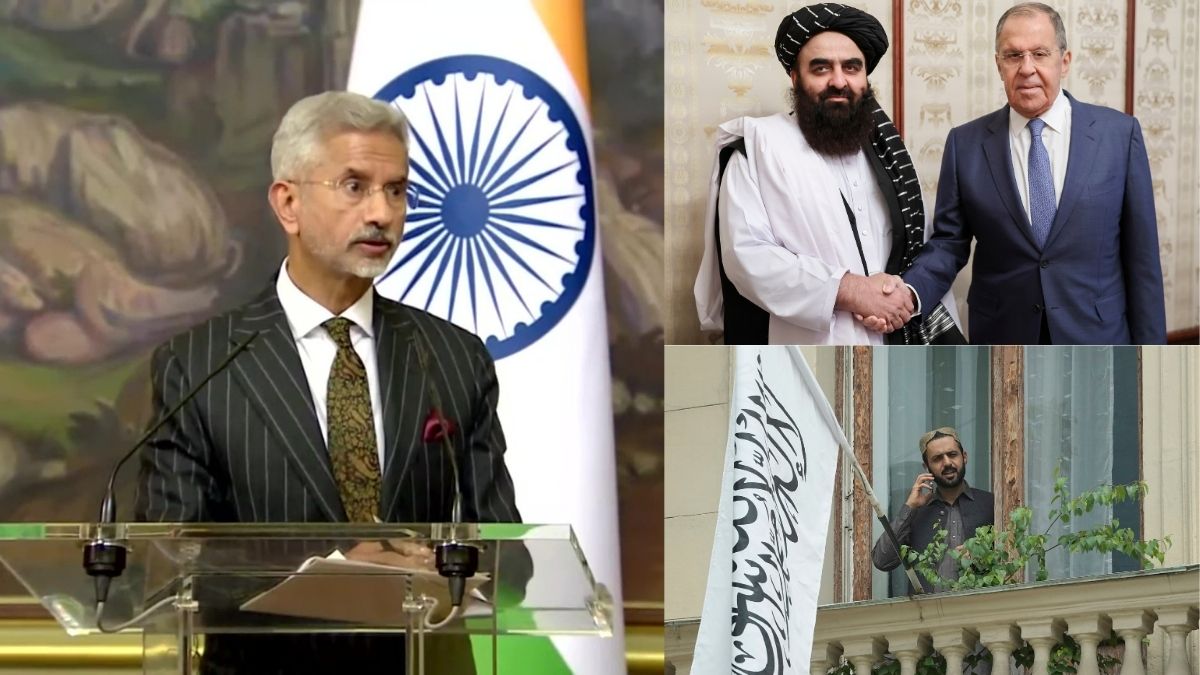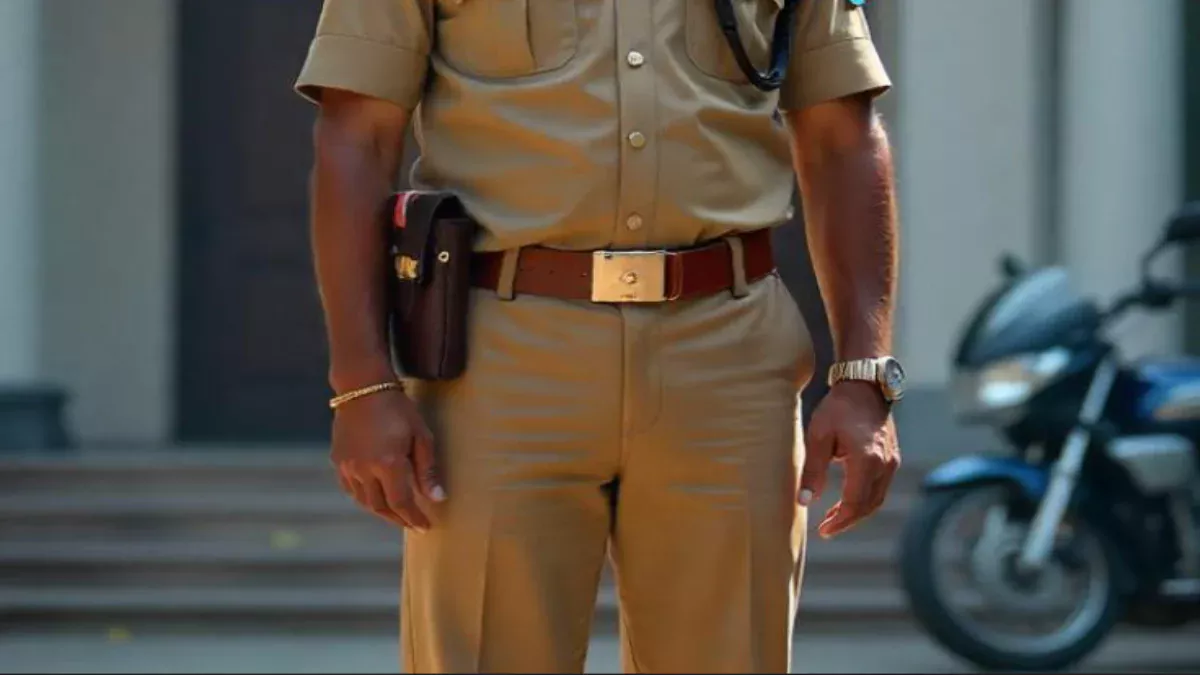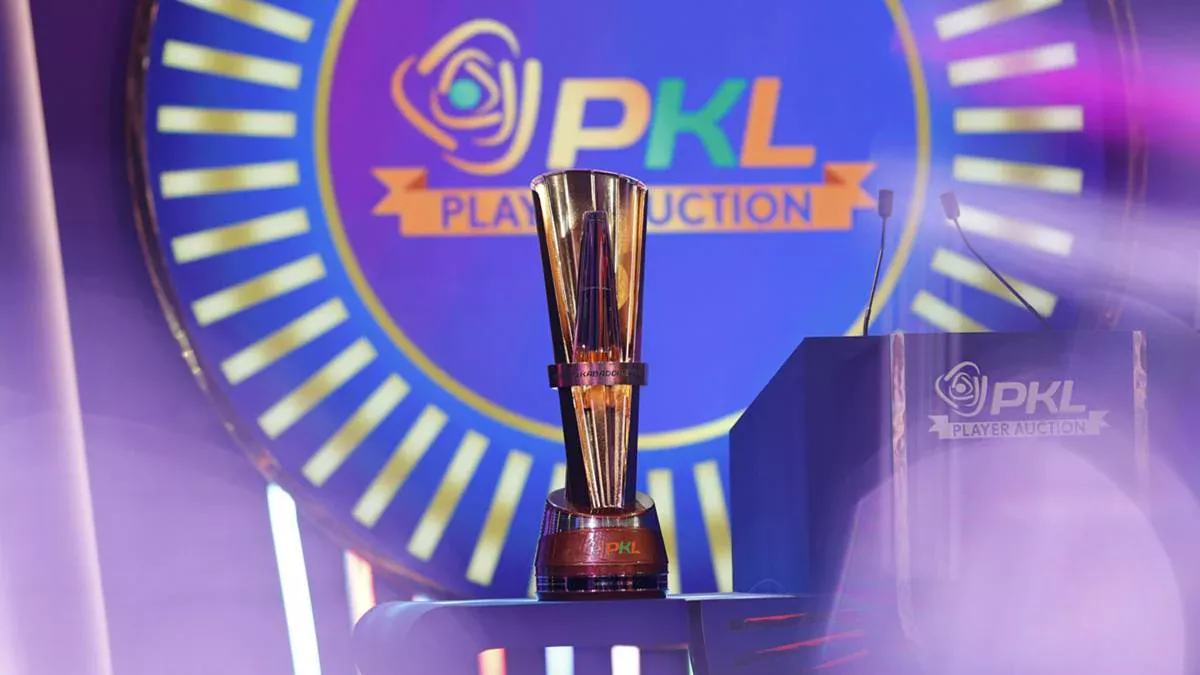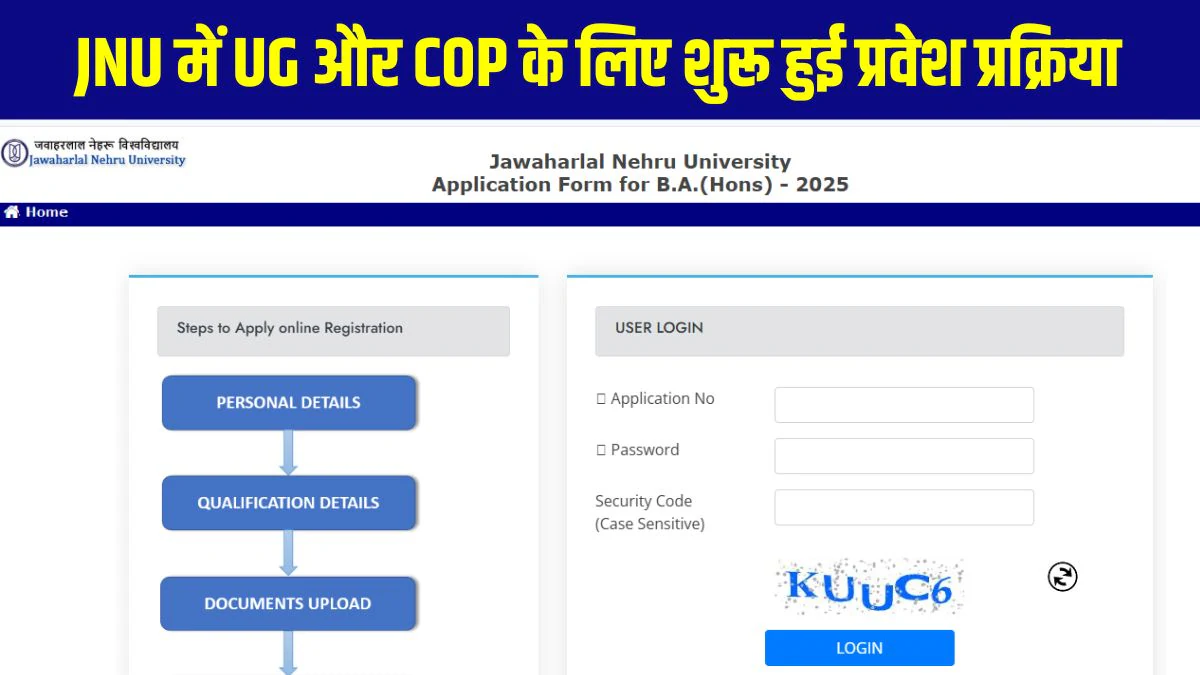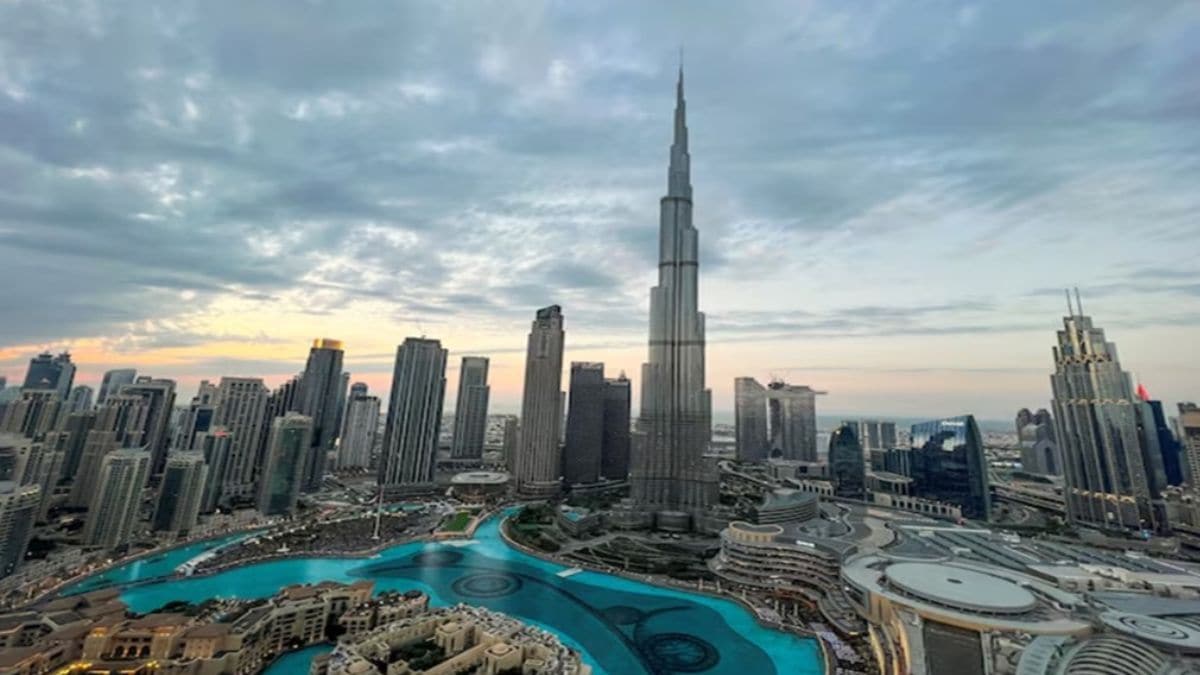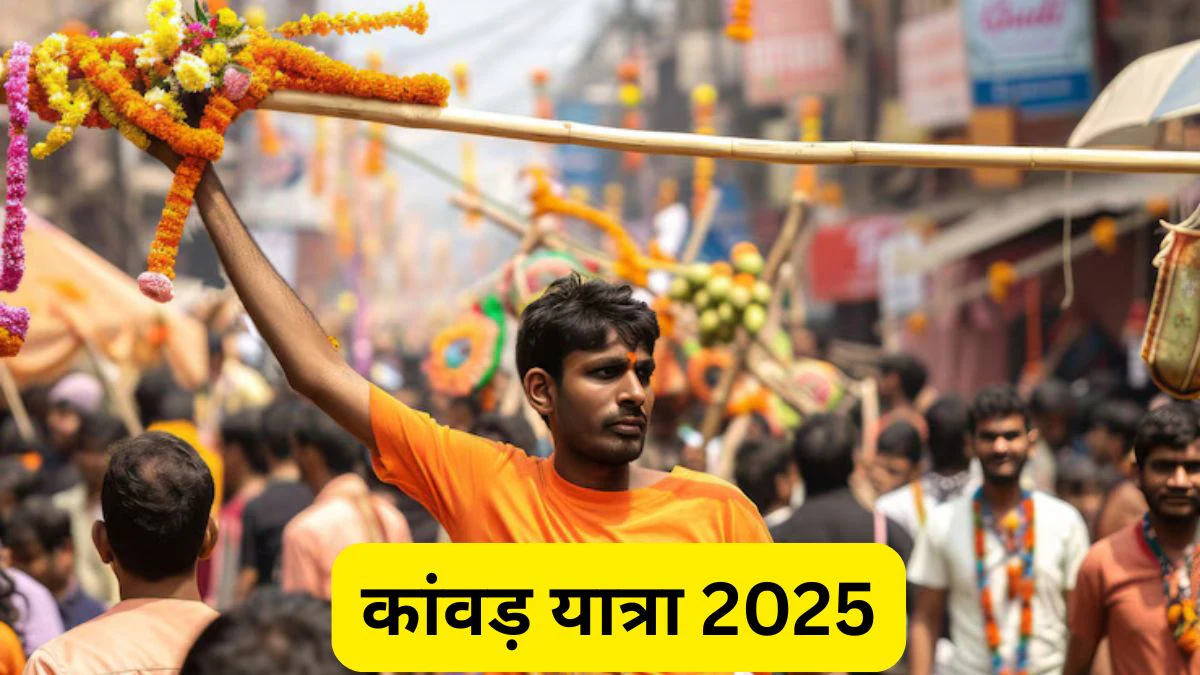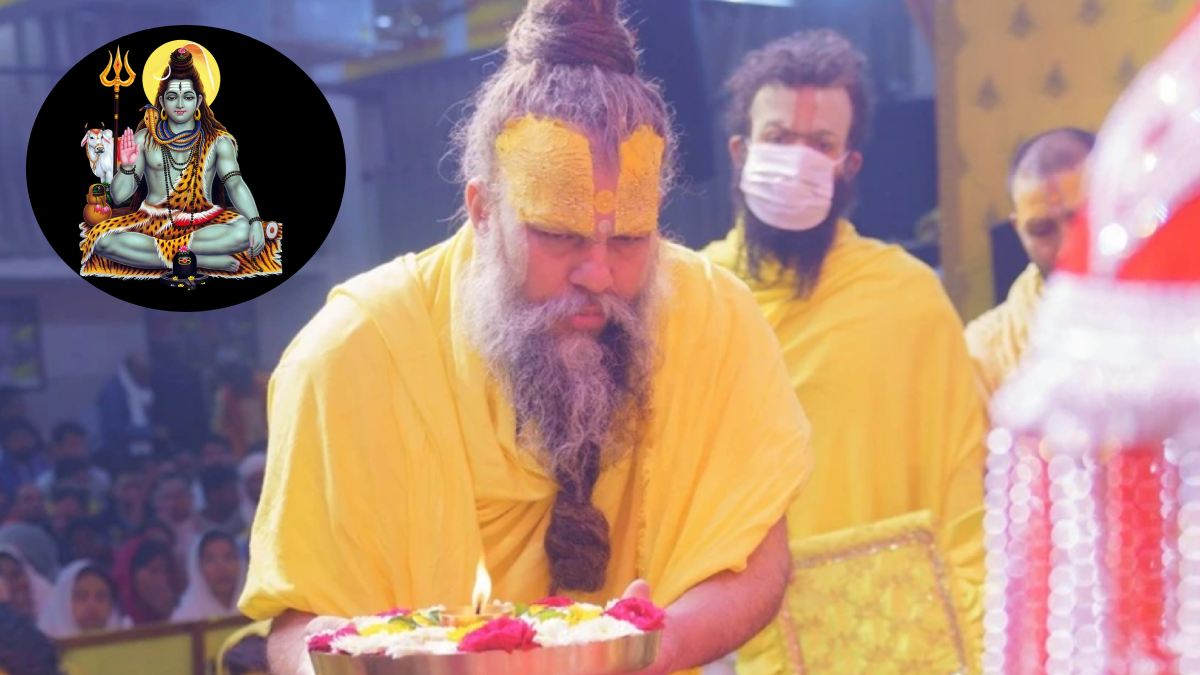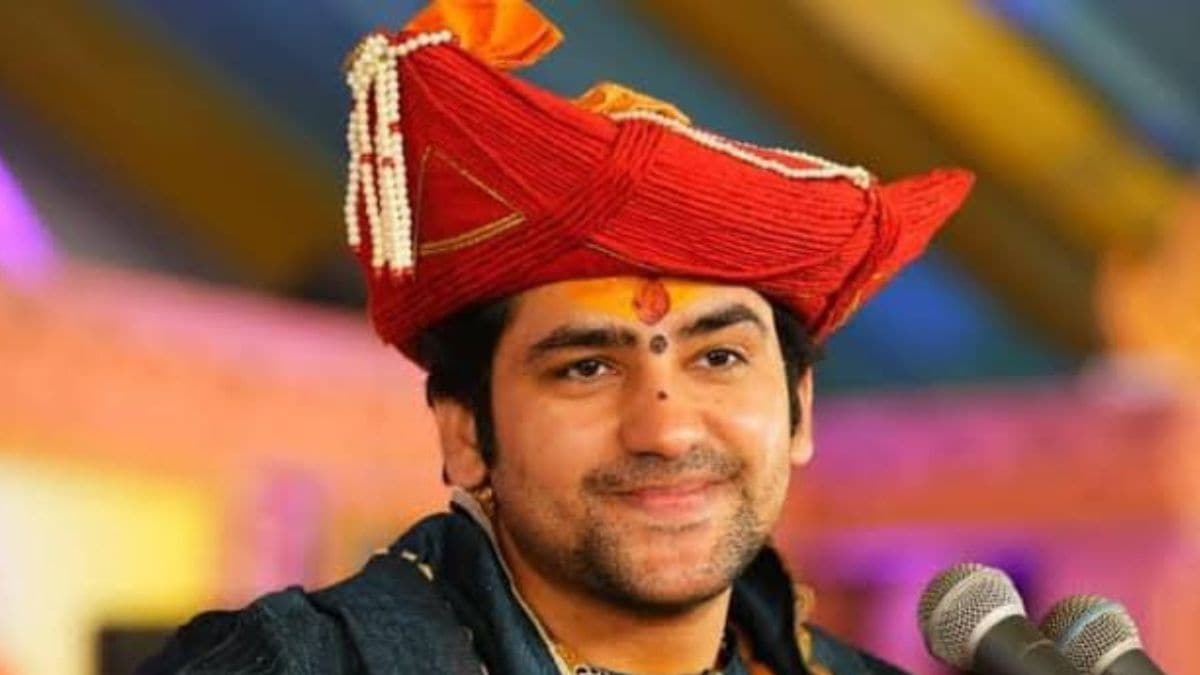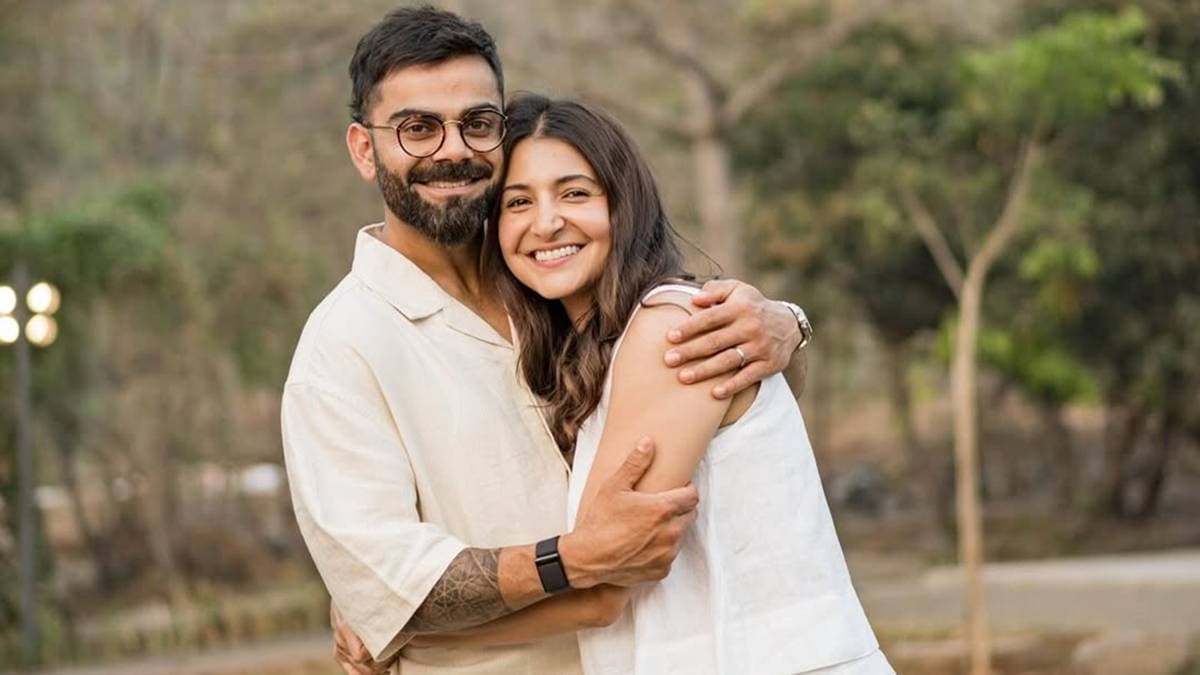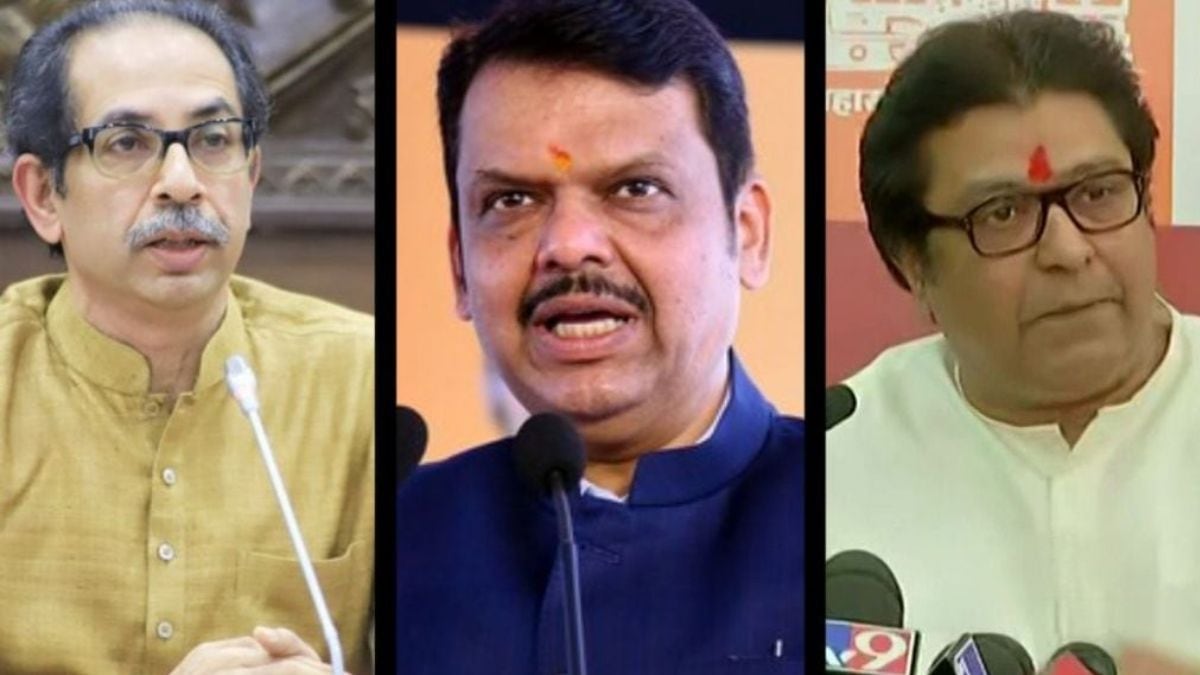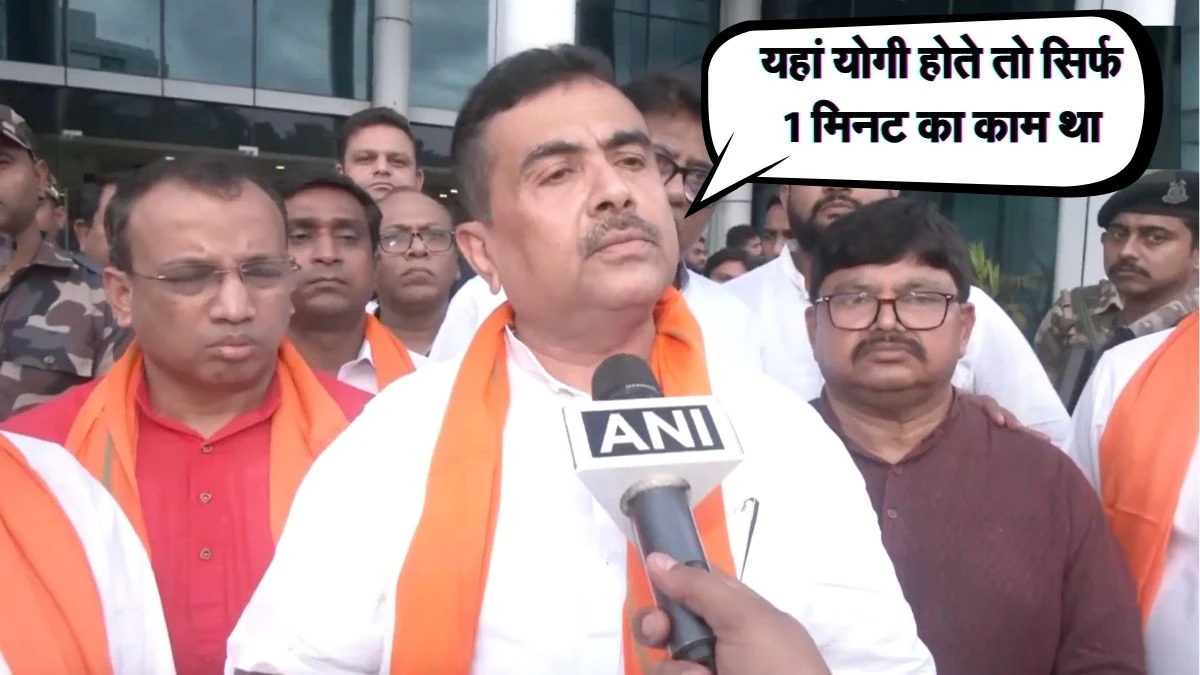Under increasing pressure from its cadre, who questioned the utility of being in the Maha Vikas Aghadi (MVA) alliance after its humiliating defeat in the Maharashtra Assembly elections, the Shiv Sena (UBT) Saturday announced its intent of contesting all the urban local body and Zilla Parishad elections including the one for the coveted Brihanmumbai Municipal Corporation on its own.
“From Mumbai till Nagpur, we will fight corporation elections on our own. Let it happen once and for all, we want to test ourselves. We have been given a go-ahead for this by party chief Uddhav Thackeray,” Shiv Sena (UBT) MP Sanjay Raut said in Nagpur Saturday.
The move comes after the Shiv Sena (UBT) faced intense criticism from its own elected MLAs and cadre following the results of the Maharashtra Assembly elections. The alliance’s combined tally of 46 seats—including 20 from Shiv Sena (UBT), 16 from Congress, and 10 from NCP-SP—was lower than that of the Shinde Sena alone (57).
Additionally, Shiv Sena (UBT) garnered just 9.96% of the vote share, a significant drop from the 16.72% it got in the Lok Sabha elections barely six months earlier.
After the election setback, party leaders urged Uddhav Thackeray to consider severing ties with the MVA and contesting elections independently. On November 25, two days after the Assembly results, the majority of 20 MLAs from Shiv Sena (UBT), in their first meeting with Thackeray, had asked for breaking away from the MVA.
They had argued that doing so would be essential for reconnecting with their base and preventing further support from drifting to the Shinde Sena.
With critical corporation elections on the horizon, including the BMC, which the Shiv Sena has controlled since the 1970s, the party believes that breaking away from Congress and NCP (SP) will provide a stronger platform to challenge both the BJP and the Shinde-led Shiv Sena, particularly in the high-stakes BMC race.
Elections to municipal corporations in Maharashtra’s major cities have been delayed for the past two years with state-appointed administrators overseeing their operations in the interim.
Raut, however, clarified that the party was not breaking away from the MVA. “In both Lok Sabha and Assembly elections, our cadre was denied the opportunity to contest, which hindered the party’s growth. We have now decided to independently contest Corporation, Zilla Parishad, and Council elections to strengthen our party base,” Raut said.
Shiv Sena (UBT) leaders largely supported the move with many pointing out that the demand to go solo had been raised by their grassroots supporters for quite some time now.
“Until we contest alone, we won’t fully understand our strength. While there was a need for an alliance in the Lok Sabha and Assembly elections, our cadre suffered as they were unable to contest. Urban body elections offer us the chance to provide them with that opportunity. We must stand on our own feet. After the Assembly elections, several of our leaders expressed that if we had fought independently, we would have secured more than 20 seats, far beyond what we managed as part of the alliance,” said Shiv Sena MP Arvind Sawant from South Mumbai.
The state unit of the Congress was guarded in its response, acknowledging that while its party cadre shared similar sentiments, the announcement came as a surprise.
“First of all, Sanjay Raut is not the party president. We would have responded if Uddhav Thackeray had made this announcement. We also believe that such statements should not be made publicly and should instead be discussed first among the senior leadership,” said Mumbai Congress chief and Lok Sabha MP Varsha Gaikwad.
Gaikwad also noted that Congress workers felt going solo in local body elections might benefit the party. “Our workers feel the same, but that doesn’t mean we have made a decision to contest independently. The party leadership will take the final call,” she added.
Meanwhile, another ally, NCP-SP, stated that its state leadership does not interfere in decisions regarding civic body elections, leaving it to its district committees. “We gather feedback from the ground and allow local leaders to make the decisions,” said NCP-SP spokesperson Mahesh Tapase. He also pointed out that during both UPA-1 and UPA-2, Congress and NCP had contested local body elections separately in various parts of Maharashtra.
The MVA alliance was formed after the 2019 elections when the Shiv Sena, then united, broke away from its partnership with the BJP over the chief ministership issue. The Sena, subsequently, aligned with the NCP and Congress to form the MVA government. However, the alliance collapsed in 2022 after Eknath Shinde led a rebellion within the Sena, followed by a split in the NCP a year later, led by Ajit Pawar.
Stay informed with access to our award-winning journalism.
Avoid misinformation with trusted, accurate reporting.
Make smarter decisions with insights that matter.



